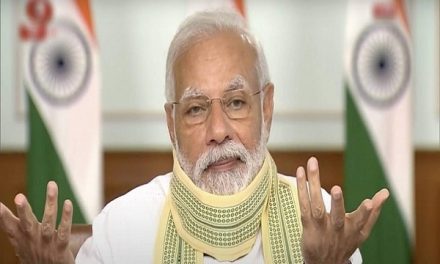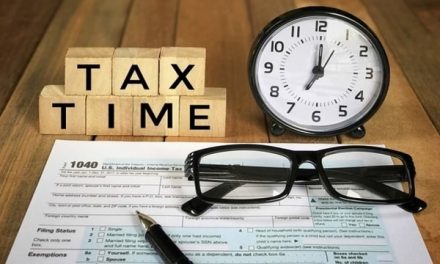LTC scheme: Clarifying doubts over the latest LTC cash voucher scheme, the finance ministry said that the LTC scheme offers employees an option to “spend on something other than travel”. To boost consumption, the central government on Monday introduced the LTC cash voucher scheme. The employees of the central government and PSUs are now eligible to purchase goods and services in lieu of the tax-exempt portion of the Leave Travel Concession or Leave Travel Allowances (LTC/LTA).
A central government employee is eligible for LTC and leave encashment of 10 days for travel to home town or any other destination twice in a block of four years. The cost of the ticket is exempt whereas the leave encashment is taxable. As travel has become restricted in the wake of the coronavirus pandemic, the central government employees now have an option to avail of the cash equivalent of entitled LTC fare and leave encashment. However, there are certain riders.
“The government LTC is quite different from the Leave Travel Allowance in the corporate sector. A person claiming LTC is not eligible unless he actually travels; if he fails to travel the amount is deducted from his pay and he may be liable for disciplinary action. He does not have the option of keeping the money and paying income tax,” explained the finance ministry.
Underneath the federal government system, the worker had solely two decisions: 1) Journey and spend (and the incidentals like a lodge, meals, and many others. are to be incurred by him) or 2) Forgo the entitlement if not claimed inside the date. “Now a third option to ‘spend on something other than travel’ has been given. In the current Covid environment, travel carries serious perceived health risks,” the ministry stated.
Concerning the requirement underneath the scheme for the beneficiary to spend on items that appeal to a GST of 12 percent or extra, the ministry stated assumptions that staff would in any other case not pay GST after they buy one thing with their cash and are solely incurring it due to the scheme is ‘shocking’.
Cinemas Opening! check the of big Bollywood films scheduled for re-release
To avail of the benefits under the LTC cash voucher scheme, an employee needs to fulfill these conditions
a) The employees have to buy goods or services worth three times the LTC and one time the leave encashment amount for the purpose of purchasing non-food items i.e. white goods.
b) Money must be spent on goods attracting GST of 12% or more from a GST registered vendor through digital mode.
c) Such purchase shall be from GST registered vendors or service providers through digital mode. The employee shall obtain a voucher indicating the GST number and the amount of GST paid.
d) The money on goods/services must be spent before March 31, 2021.
“The central government employees are least impacted in terms of savings due to lockdown and no salary loss. It is precisely for this reason that they are in a position to boost their own spending on goods or services of their own choice, using the LTC money as effectively a steep discount to reduce the cost of whatever they choose to buy,” the ministry added.
“This scheme is most likely to be availed only by employees who are planning to spend big during the festive season, given that one needs to spend three times the LTC amount to claim the benefits of the scheme and tax exemption till 31st March 2021,” said Puneet Khurana, HR Head, Paisabazaar.com.
“This scheme is completely optional and the employees can either choose avail the scheme or opt for the regular LTC in the subsequent years in the block,” said Divakar Vijayasarathy, founder and managing partner, DVS Advisors LLP.
However, some clarifications on the LTC cash voucher scheme are needed.
“The employee is required to spend the entire amount (being three times of LTA received) at one go or can it be broken into smaller amounts of purchases. Given the intent of the government, it is likely that the amount can be spent on smaller purchases and the total amount of all purchases taken together till March 31, 2021, will be taken for tax exemption,” Agarwal added.
“The invoice should be in the name of employee or family members to avail the exemption. Again it is likely that the invoice could be in favor of the employee or the employee’s family members as well. The rules will clear the mist around all such issues including the date when this scheme shall come into force,” he mentioned.











